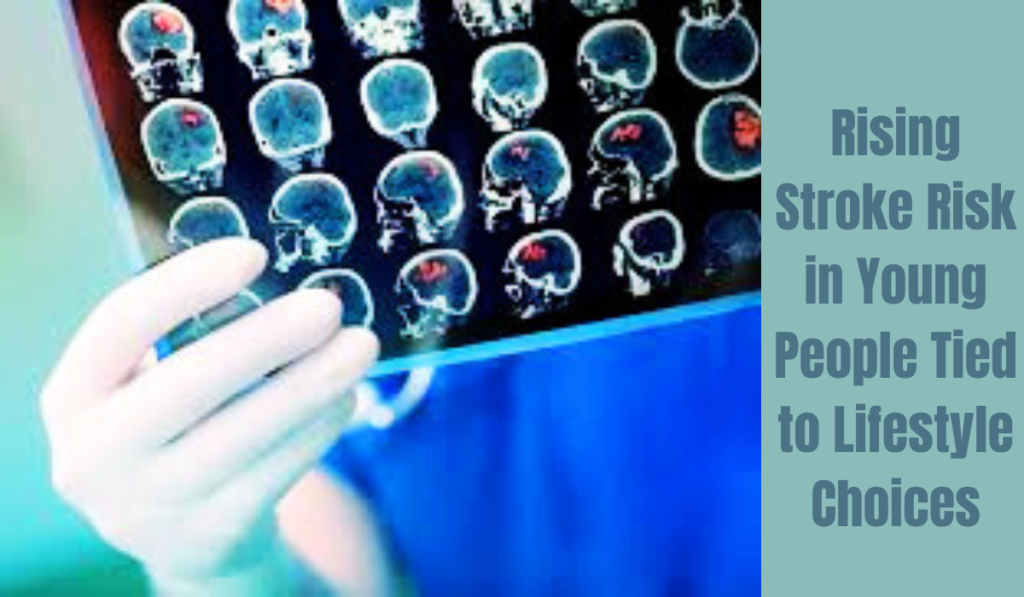Risk of Stroke – Study Highlights
A recent study in the United States has found a notable increase in the number of strokes among young and middle-aged people worldwide over the past decade. The study, published by the Centers for Disease Control and Prevention (CDC), shows a worrying trend that strokes are no longer just an issue for older adults.
Key Causes of Strokes
Contributing Factors
The CDC’s research identifies several main causes for the rise in stroke cases among younger people:
- Obesity: Excess body weight increases the risk of high blood pressure and cholesterol.
- High Blood Pressure: This can damage blood vessels and lead to strokes.
- High Cholesterol: This leads to plaque buildup in arteries, restricting blood flow.
- Physical Inactivity: Lack of exercise contributes to poor heart health.
These health issues are often linked to lifestyle choices such as poor diet, lack of exercise, and increased stress levels.
Symptoms of a Stroke
Recognizing the Signs
It’s important to know the symptoms of a stroke, which can include:
- Sudden numbness or weakness in the face, arm, or leg, especially on one side.
- Confusion or trouble speaking and understanding.
- Vision problems in one or both eyes.
- Difficulty walking, loss of balance, or dizziness.
- Severe headache with no known cause.
If you notice these symptoms in yourself or someone else, seek medical help immediately.
Study Findings on Stroke Trends
Alarming Increase
American experts analyzed data from thousands of people across different states to understand stroke rates and demographics better. Their findings revealed that the risk of stroke among younger individuals has increased by 15% over the last 10 years. Disturbingly, even individuals as young as 18 years old are now experiencing strokes, which is a significant shift from past trends.
Why Are Younger People at Risk?
Impact of Lifestyle Choices
Experts believe that changes in lifestyle and health habits are behind this shift:
- Poor Diet: Eating foods high in fat, sugar, and salt increases stroke risk.
- Lack of Exercise: Regular physical activity is crucial for heart health.
- Increased Stress: High stress levels can contribute to high blood pressure and other risk factors.
Recommendations for Reducing Stroke Risk
Healthy Lifestyle Changes
To lower the risk of stroke, especially among younger adults, experts suggest the following:
- Regular Exercise: Go for the gold 30 minutes of actual work most days of the week.
- Balanced Diet: Eat an eating routine rich in natural products, vegetables, entire grains, and lean proteins.
- Routine Health Check-ups: Regular visits to the doctor can help manage blood pressure and cholesterol.
- Stress Management: Practice stress-relief techniques like meditation, deep breathing, or hobbies.
Adopting these habits can significantly reduce the likelihood of suffering a stroke.
Conclusion
In conclusion, the rise in stroke cases among younger individuals is alarming and largely tied to lifestyle factors. By making healthier choices, younger people can take proactive steps to protect their health and reduce their stroke risk.

